Written by GARY D. ROBERTSON
Punishments for rioting in North Carolina would be increased and new criminal counts would be created for mayhem resulting in death in legislation approved by a House judiciary committee on Thursday.
The measure was pushed personally by chief sponsor House Speaker Tim Moore. He cited both the destruction of property in North Carolina cities linked to some demonstrations following the May 2020 death of George Floyd and the storming of the U.S. Capitol on Jan. 6 as reasons for the bill.
Moore has a condominium in downtown Raleigh and witnessed smashed windows, fire and looting there in the aftermath of otherwise peaceful protests against racial injustice. Other state legislatures have considered or passed more stringent rioting laws this year.
Whether in Raleigh or Washington, “those things are not appropriate in a civilized society,” Moore said. “We are a nation of laws, not a nation of mob rule. And regardless of the political spectrum one comes from, we all have to be able to say that’s not right.”
State law already makes it a misdemeanor to willfully participate in a riot or inciting one. It becomes a felony when serious injury or property damage incurred exceeds $1,500, with active prison time possible on a first offense. The punishments for these crimes would rise under the legislation, including a new felony crime when participating in a riot leads to a death.
The measure also would allow property owners whose businesses are damaged in a riot to seek compensation against a perpetrator equal to three times the monetary damage. And new bond and pretrial release rules for rioting and looting defendants would have a judge set those conditions within 48 hours. Bill supporters have complained defendants can otherwise be released immediately by a magistrate.
Democrats on the committee worried aloud whether the bill would increase the risk that otherwise peaceful protesters could face charges just by getting caught up in violence incurred by others.
The American Civil Liberties Union in North Carolina sees the measure as “unnecessary, unreasonably harsh” and stifling the constitutional right to protest, said Daniel Bowes, the state chapter’s director of policy and advocacy. Melissa Price Kromm with the North Carolina Voters For Clean Elections told the committee that legislation surfacing in North Carolina and elsewhere are “anti-Black Lives Matter bills. They are not about protecting the peace. They’re about silencing dissent.”
The bill could reach the House floor early next week. The Senate is debating a separate police reform measure that would contain some changes to criminal riot laws.
Photo via the North Carolina Department of Public Safety.
Related Stories
‹
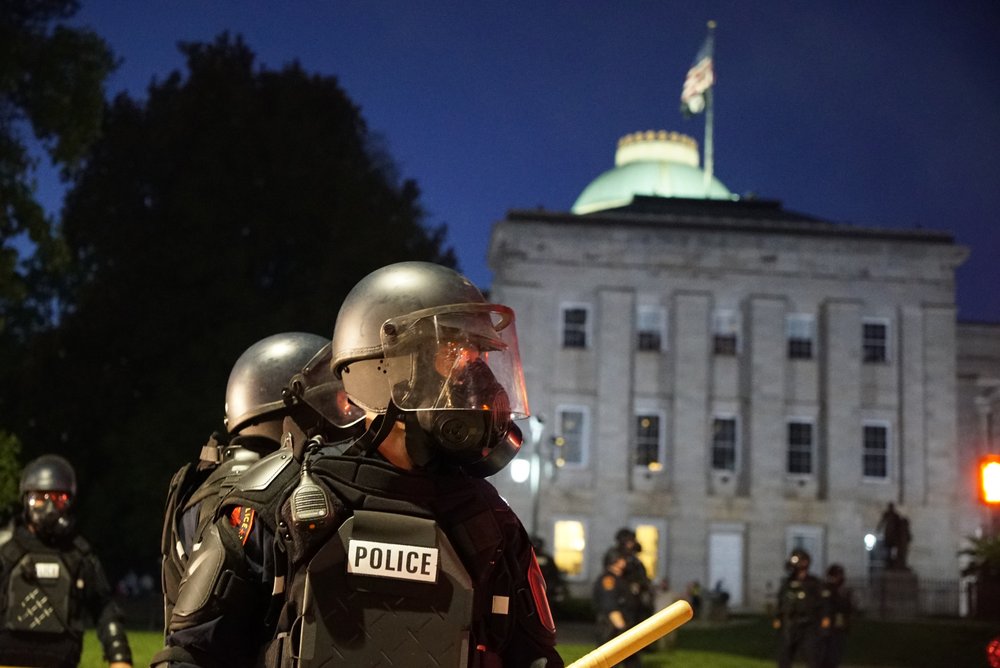
ACLU Sues North Carolina Over Harsher Riot PunishmentsWritten by HANNAH SCHOENBAUM Harsher punishments for violent protests in North Carolina are being challenged by a prominent civil rights group, which said in a federal lawsuit filed Tuesday that several parts of a new anti-riot law are unconstitutional. The North Carolina law was drawn up in response to protests against racial injustice and police […]
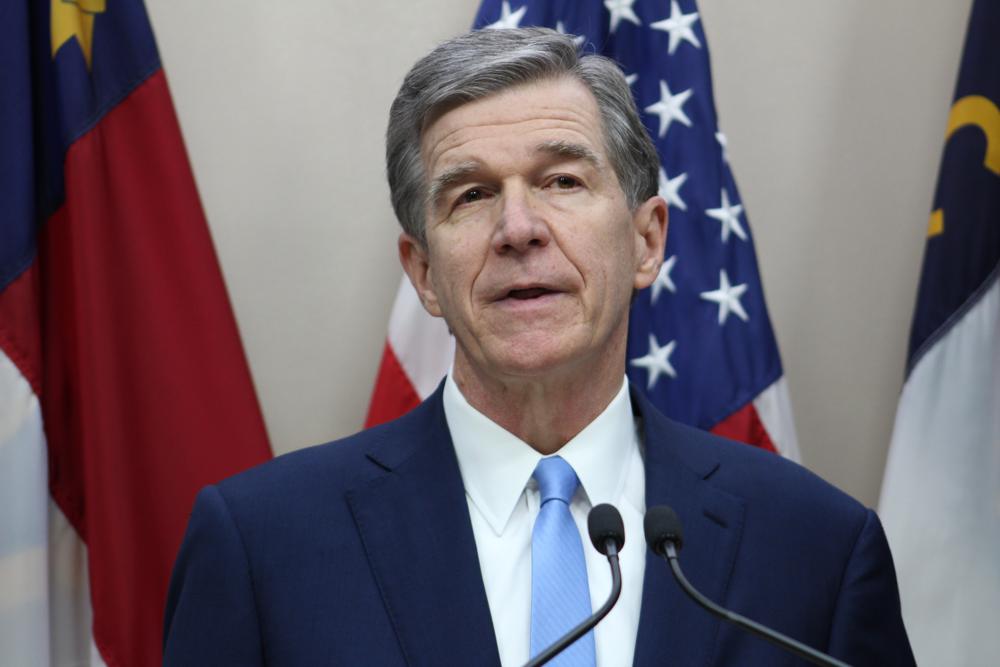
Tougher Riot Penalties Becoming NC Law With No Cooper VetoWritten by GARY D. ROBERTSON Increased punishments for rioting in North Carolina will become law later this year as Democratic Gov. Roy Cooper announced on Friday he wouldn’t use his veto stamp on legislation that’s similar to a bill he successfully blocked in 2021. The Republican-controlled legislature sent the measure to Cooper last week. He had until late Monday to […]
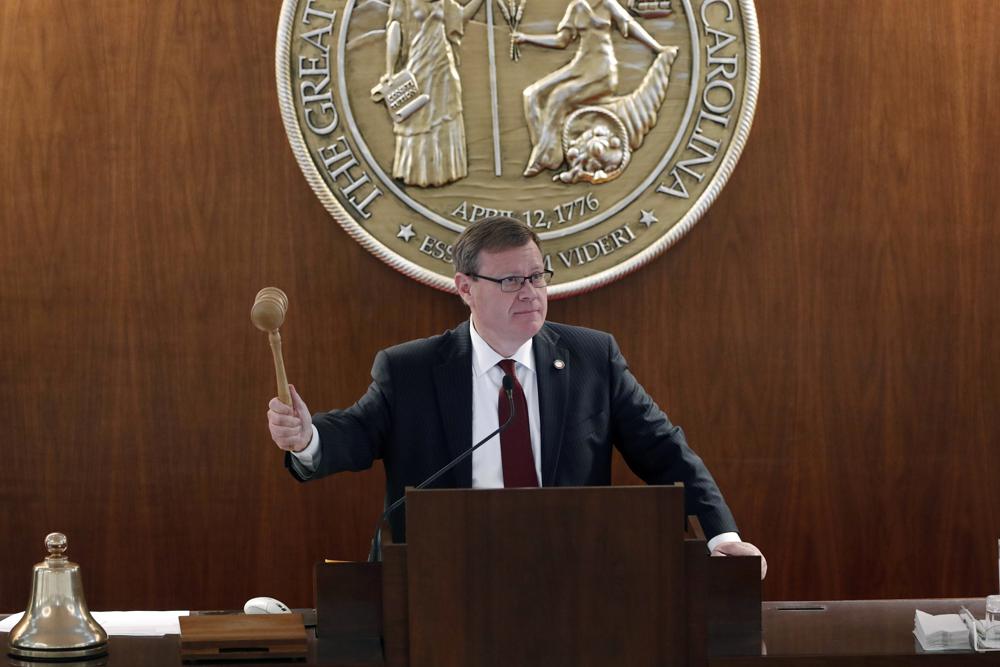
North Carolina Bill Raising Riot Penalties Heads to CooperWritten by BRYAN ANDERSON A bill cracking down on violent protests that critics argue could stifle free speech is heading to North Carolina’s governor. The proposal from Republican House Speaker Tim Moore that was fueled by rioting and looting he saw take place in Raleigh last year amid frustration over the murder of George Floyd […]
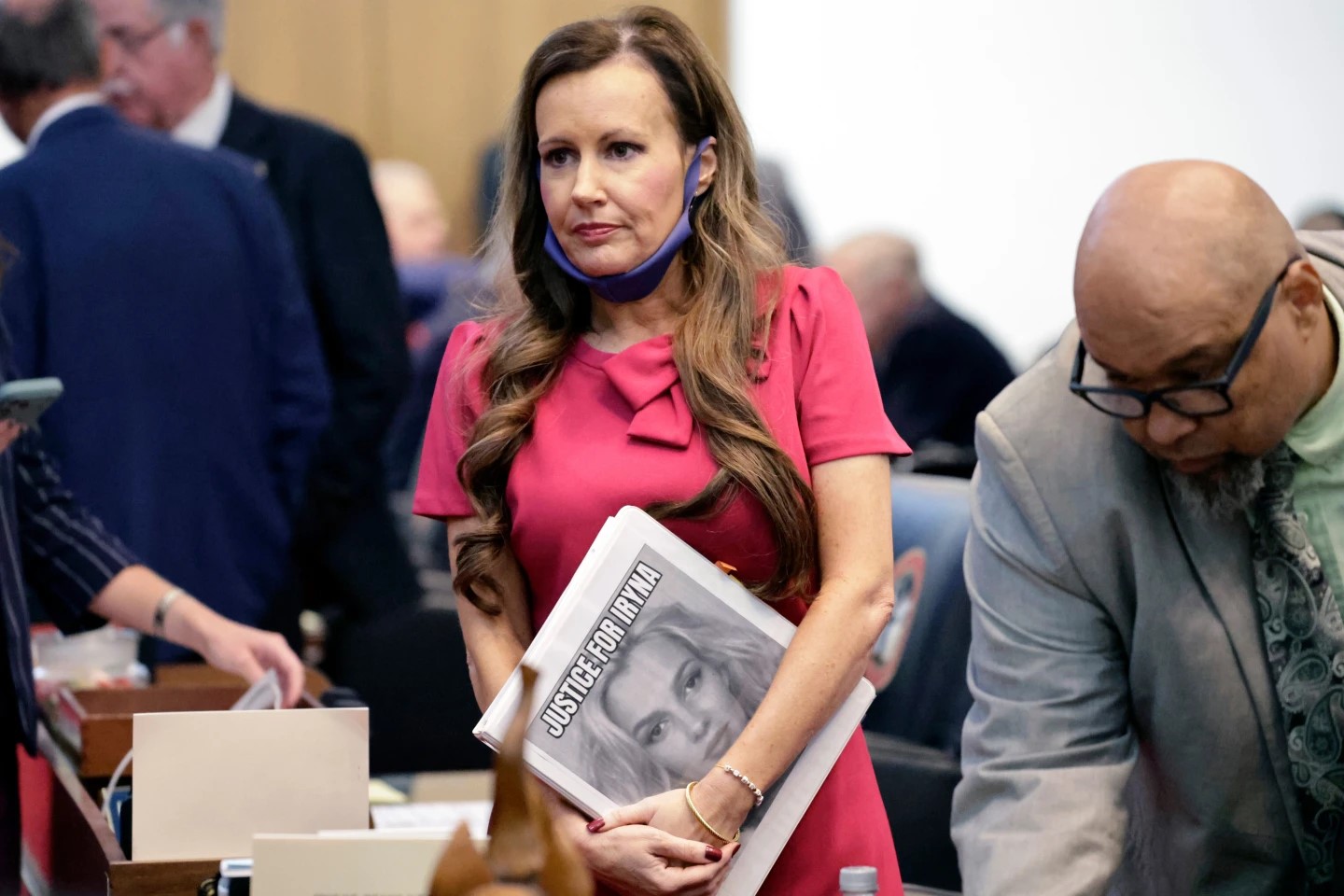
North Carolina Legislature Passes ‘Iryna’s Law’ After Refugee’s Stabbing DeathIn response to the stabbing death of a Ukrainian refugee on Charlotte’s light rail system, the North Carolina legislature gave final approval Tuesday to a criminal justice package that limits bail and seeks to ensure more defendants undergo mental health evaluations.
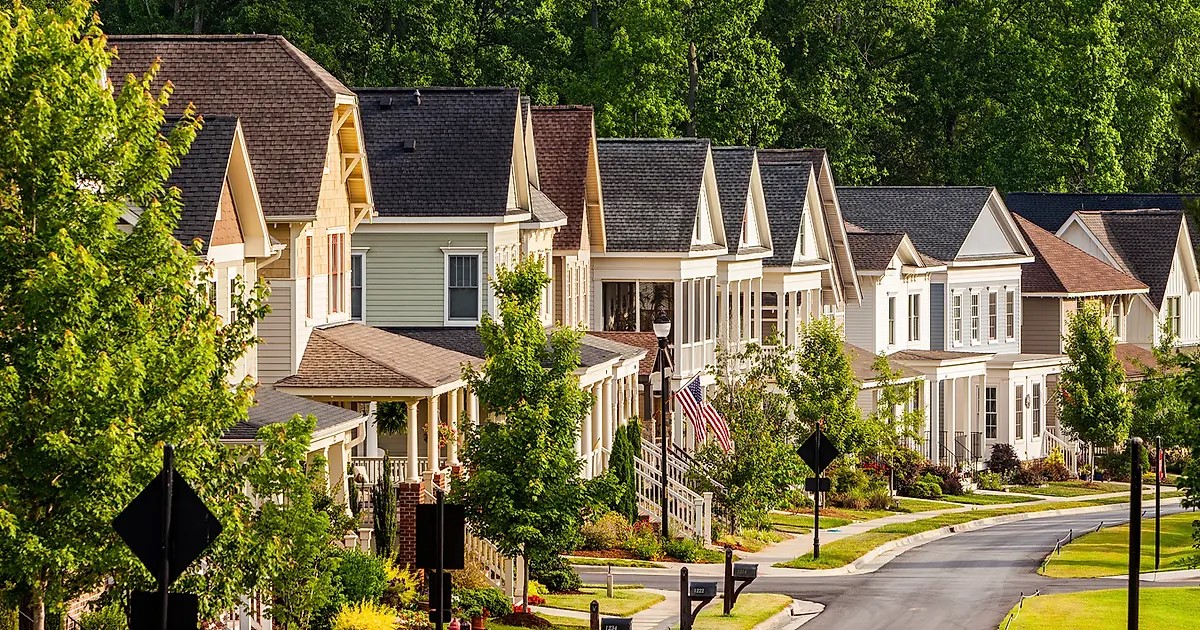
North Carolina Housing Bill Draws Praise, Scorn and Suggestions From Local RepresentativesSenate Bill 205 has drawn both praise and criticism for provisions meant to increase the rate of approval for housing projects, but at the expense of some local government control.
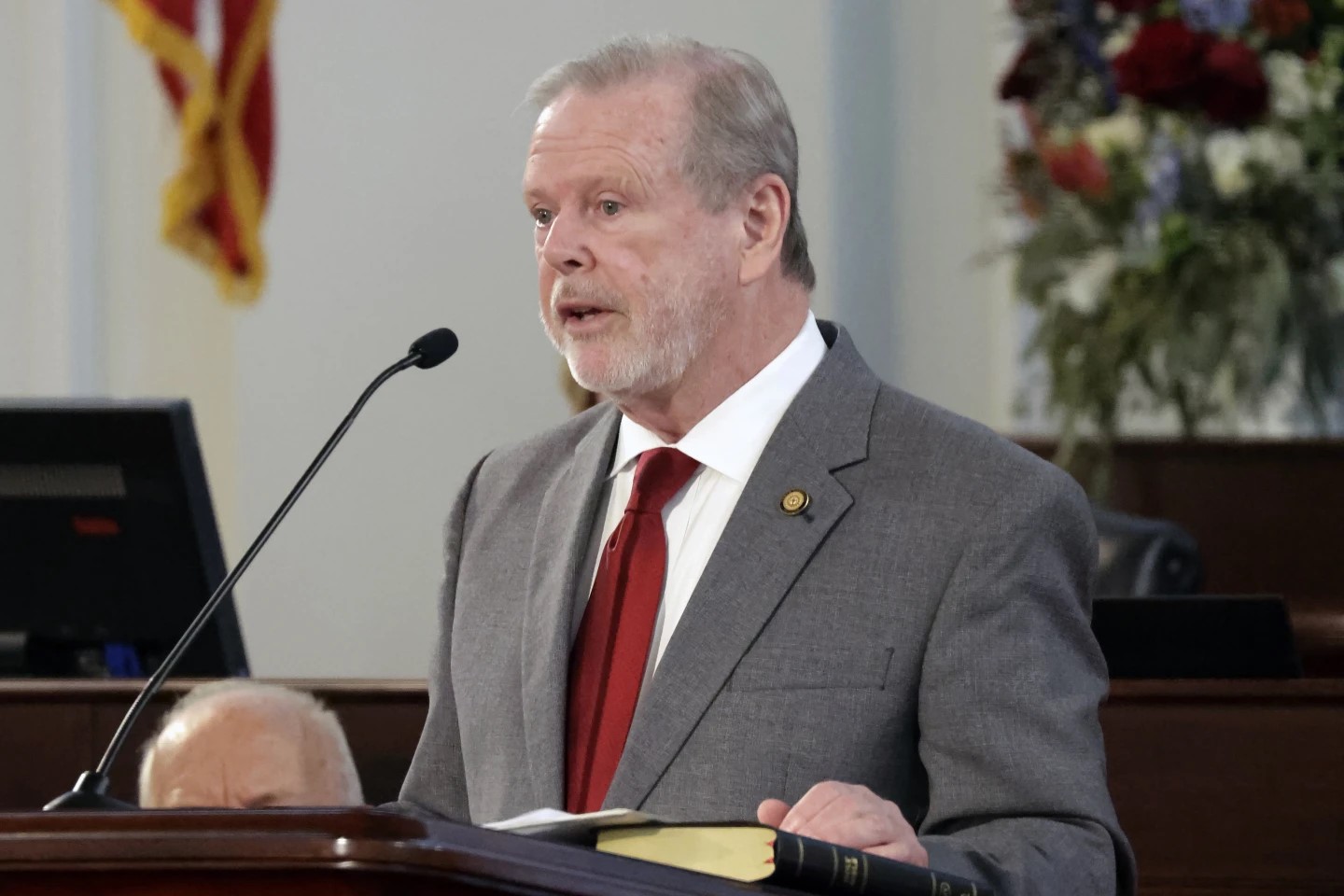
North Carolina Lawmakers Focus On Guns, Immigration and Parental Rights Ahead of a Key DeadlineThe crossover deadline has passed for bills in the North Carolina General Assembly. What are some of the themes seen in this session?

North Carolina Is Pursuing Its Own Restrictions Amid Trump’s Pushback Against DEIFollowing the lead of several conservative states and the president himself, North Carolina Republican lawmakers have advanced their own bills that target diversity, equity and inclusion initiatives.
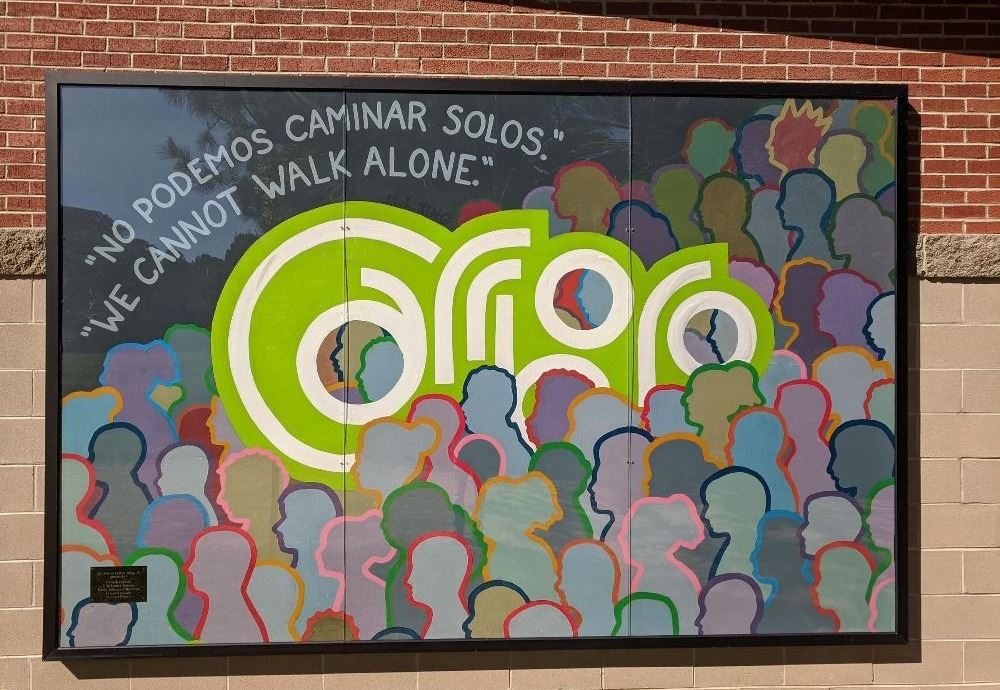
Orange County's NC Reps, Local Governments React to Anti-Diversity and Equity MeasuresAs a bill in the North Carolina House aims to ban diversity improvement efforts, local elected officials from Orange County are speaking out.
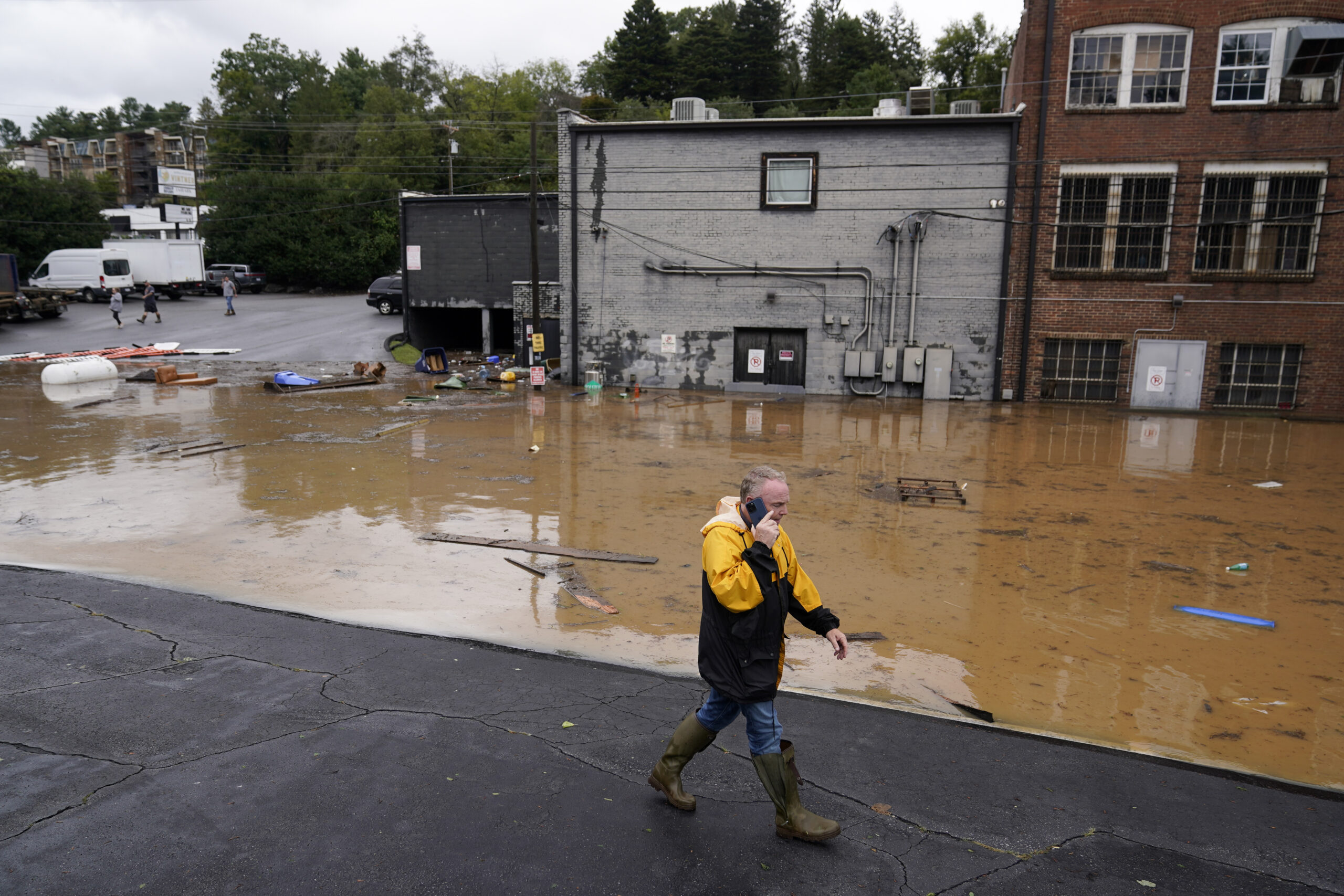
Another $500M for Hurricane Helene Relief in North Carolina Passes Key HurdleAnother $500 million to be spent toward Hurricane Helene recovery efforts earned unanimous approval in the North Carolina House on Tuesday.
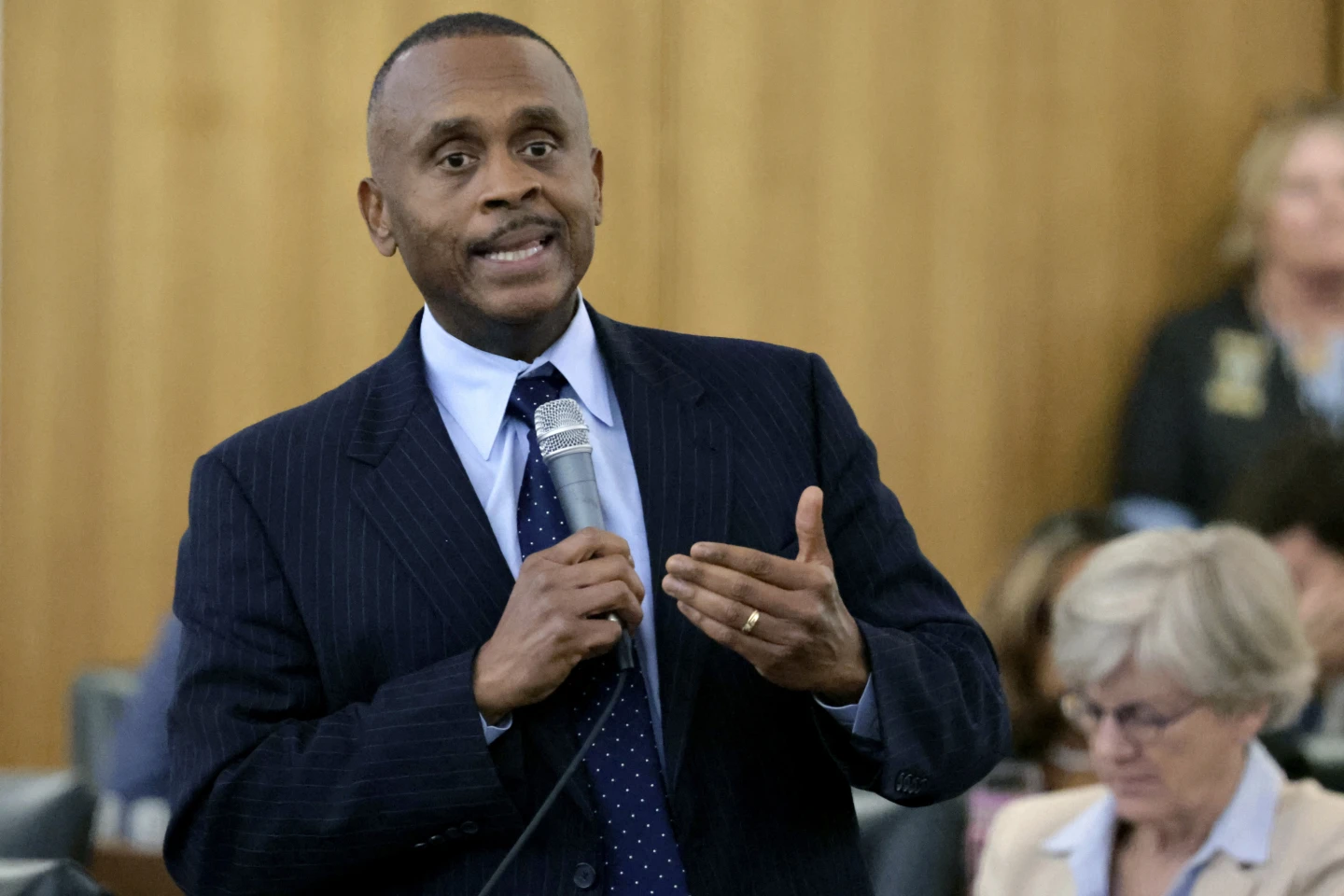
Rep. Robert Reives Discusses New Leadership in North Carolina's General AssemblyAs the North Carolina General Assembly started the 2025 legislative session, leadership in both chambers and parties features some new faces.
›












